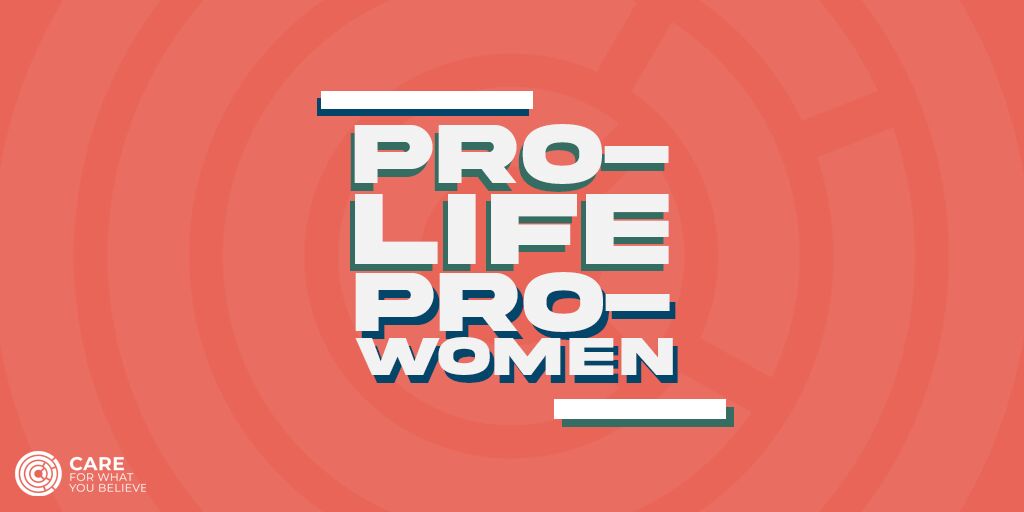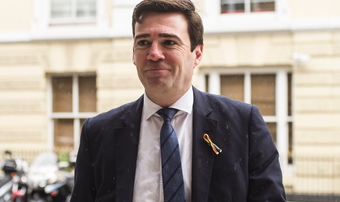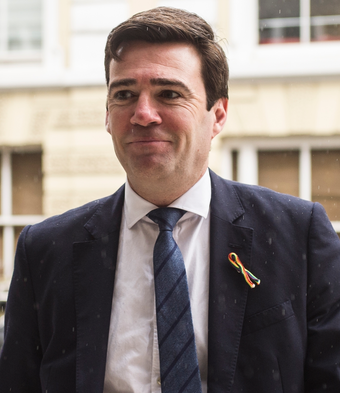What does it really mean to be pro-life?

In case you have been unplugged from the internet or news over recent days, you may have missed that the US Supreme Court made the landmark decision to overturn the ruling of Roe v Wade. For those of you who don’t know, Roe v Wade was a 1969 court case where a 25 year old single woman challenged the abortion laws on the basis that they were unconstitutional as they infringed a woman’s right to privacy. Following an Appeal to the Supreme Court in 1972, seven out of the nine Court Justices ruled that governments lacked the power to prohibit abortions. They judged that a woman's right to terminate her pregnancy was protected by the US constitution.
Roe v Wade therefore established abortion rights (dependent on variables such as stage of pregnancy etc.) in the US. However, on the 24th June 2022, this ruling was overturned, meaning that in some US States abortions are now illegal and doctors may face prosecution if they offer abortion services. Given the emotive nature of abortion this ruling was met with both celebration and outrage. I truthfully found myself caught between emotions and grappling with the practical outworking's of a decision which I believe has left Christians in a situation where we must think hard about how we respond graciously.
Working for CARE I am familiar with speaking out on uncomfortable and emotionally charged issues – it is quite literally ‘all in a day’s work.’ However, this weekend I have wrestled with the Supreme Court’s decision, NOT because I don’t believe that life is sacred, but because I am a woman of reproductive age and I want to be the kind of woman who encourages and builds others up. It's left me thinking: what does it really mean to be pro-life?
Before I go any further let me just preface this by saying, I don’t like the terms 'pro-life' and 'pro-choice'. Defining our position as pro-life immediately drags you into a polarized and confrontational debate in which you have only two choices: pro-life versus pro-choice. Both terms carry a lot of baggage.
Pro-lifers have been stigmatized as ‘bible bashers who shove their beliefs down your throat,’ and according to some, by default of their position they hate women and female bodily autonomy. Pro-choicers are comparatively considered as standing with women, in line with their belief that women should have the autonomy to decide what they want to do with their bodies including terminating an unwanted pregnancy. As a friend said to me in a discussion about these terms: in this arena of conflict, no one gets a hearing.
Despite my dislike of the term, in the absence of a better one, lets unpack it and try to tease out what it means to be pro-life. In the last week I’ve had this conversation with a number of other Christian advocacy charities and it has become incredibly clear to me that if we are going to claim to be pro-life, we need to be just that, pro-life. This is two lives not one, this is a mother and a baby- both lives are equally important. If your concern is banning abortions, but you do not care about the women in crisis, you’re not pro-life, you’re anti-abortion. Maybe you’re really passionate about ensuring that every baby that is conceived is born but do not care about that baby after its born. This leans more on being pro-birth than truly pro-life again not pro-life- pro-birth! Being pro-life requires a compassionate and loving response which looks not just at the women or the baby but at the picture as a whole.
I understand why this decision may make you want to dance in the street, but for many in the US this decision will have serious implications which we need to listen to and respond with compassion and action. To have a baby in America without medical insurance can cost in excess of $10,000. Parents need to be able to access affordable health care, provision for maternity/paternity leave, affordable childcare, provision for people with disabilities and they need to have faith in education systems. If we truly want women to not choose to have an abortion, we need to create a society that encourages life affirming choices.
This is our call to action; Christians have been advocates of social reform for generations so let’s pick up the mantle and continue. Let’s create a society in which women are empowered to ‘choose life’ when facing a crisis or unplanned pregnancy- and are not making a decision in haste or out of fear of travelling the journey of raising a child alone. We must be a society that doesn’t just intervene at the point of crisis – but that is committed to journeying with and supporting a future mother both during the pregnancy and beyond. So now I urge to take some time decide, if you call yourself prolife, do you really understand what that mean and are you prepared to commit to widening the conversation beyond abortion.






